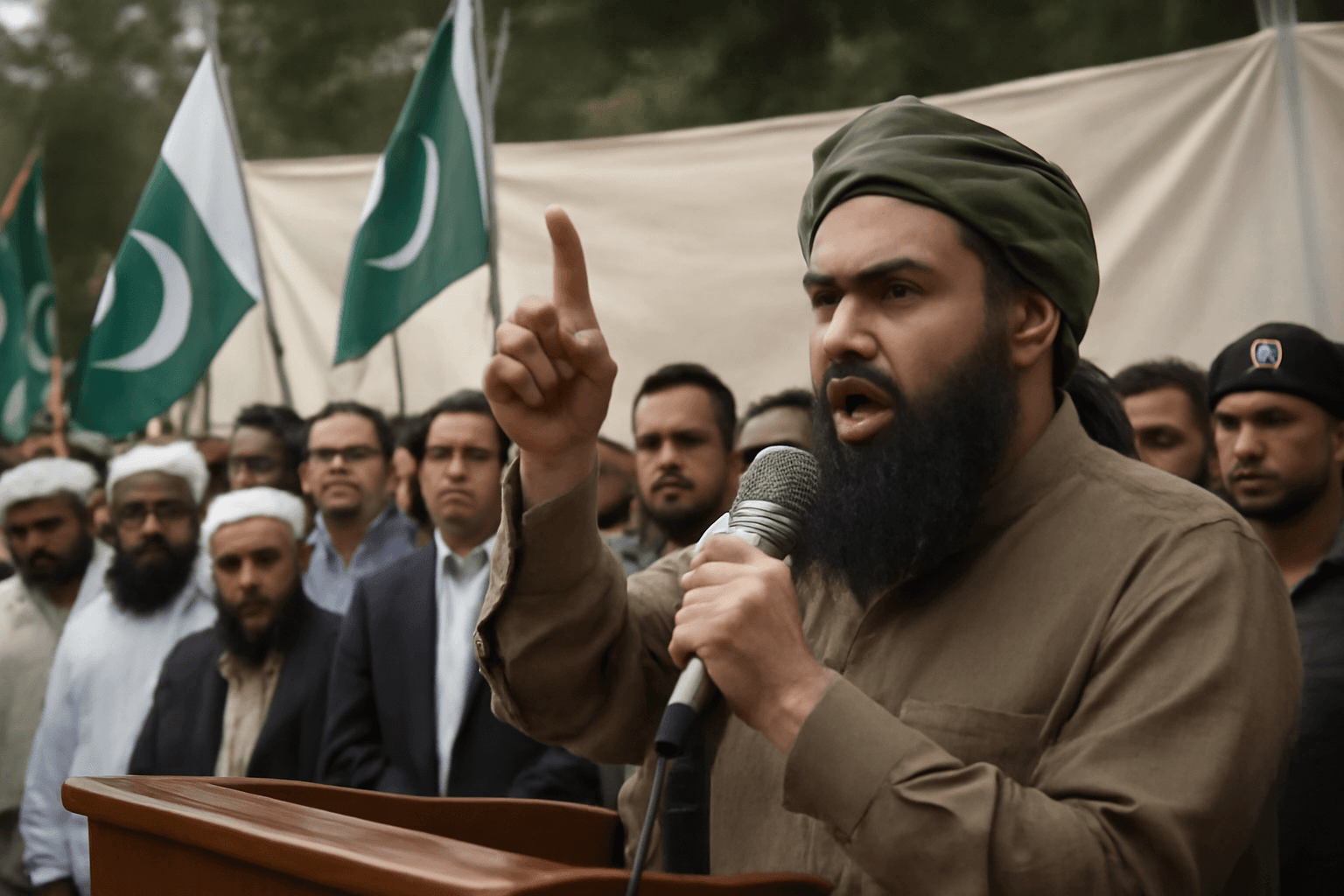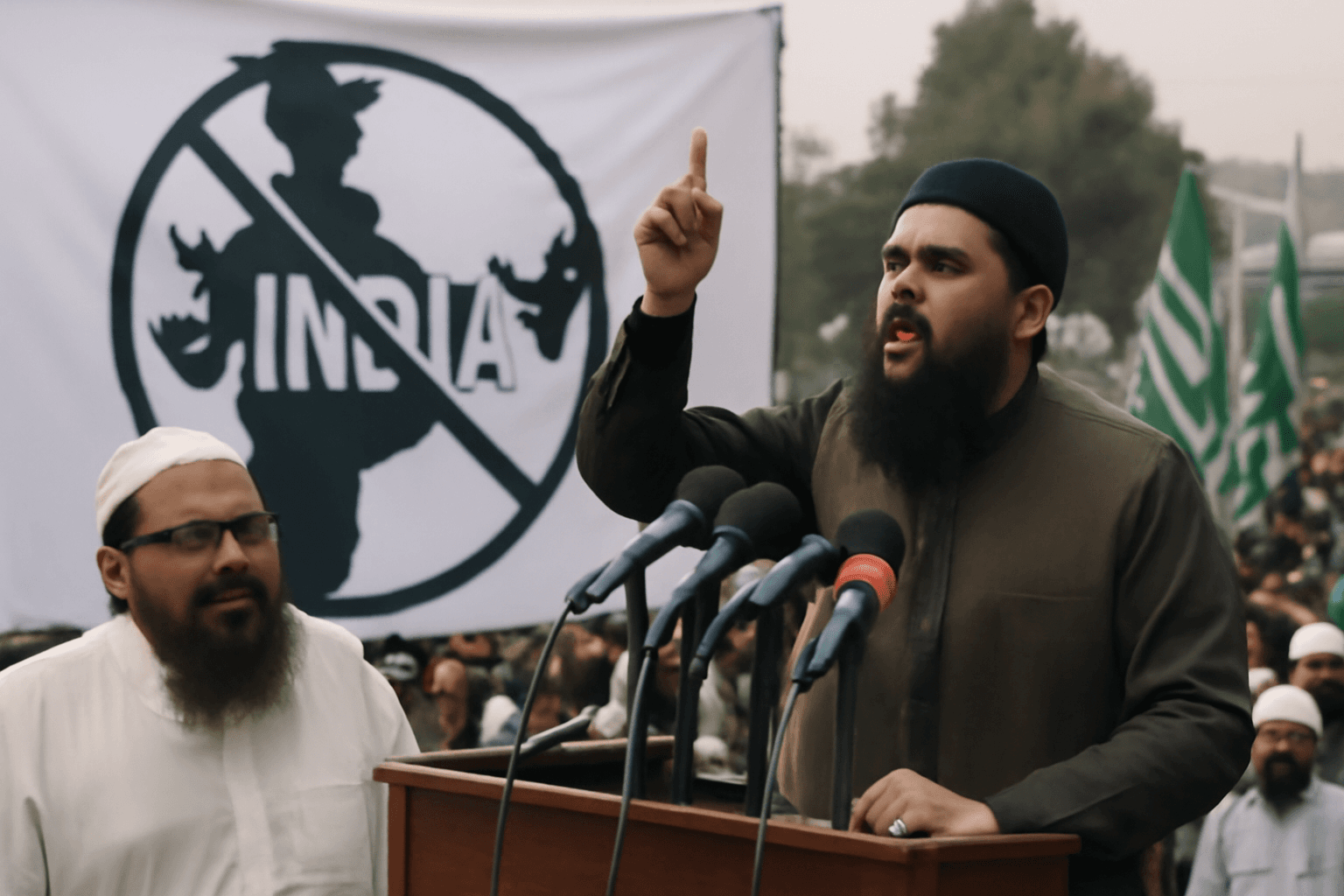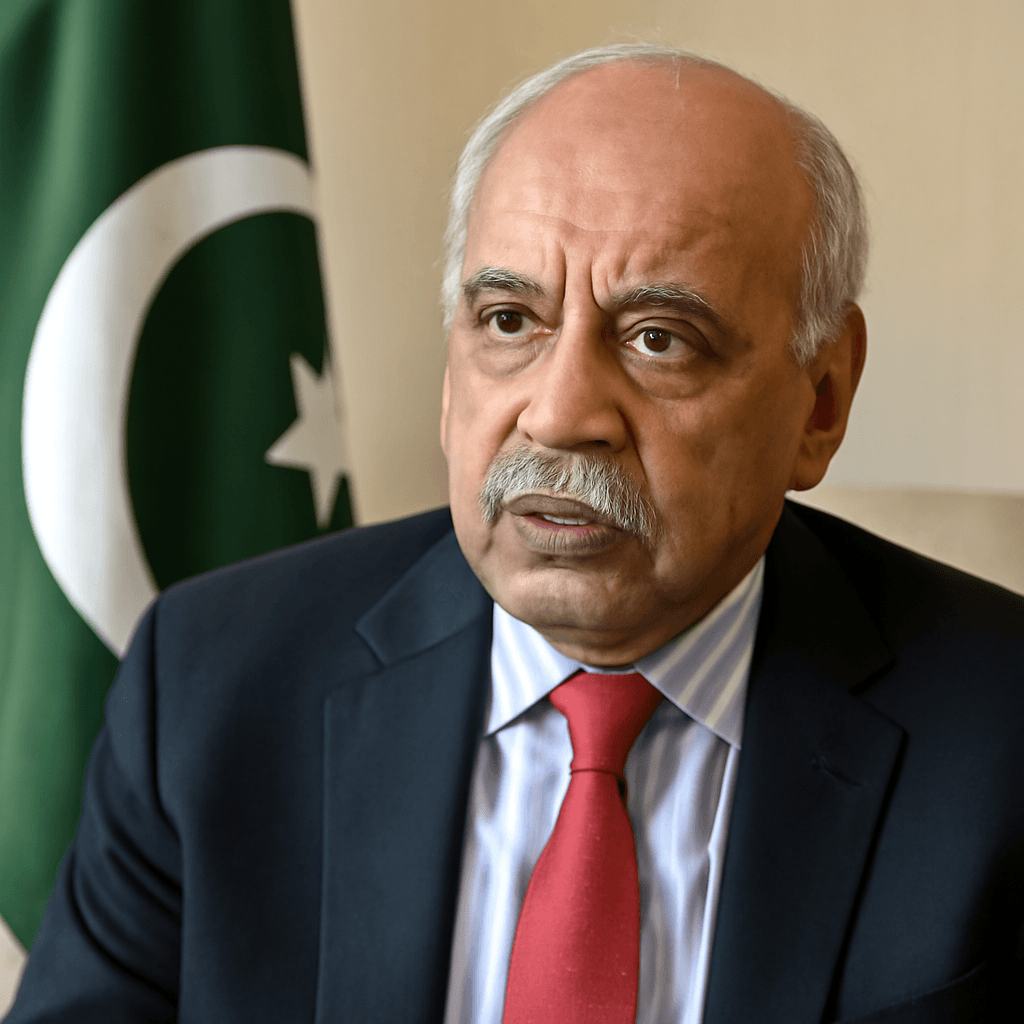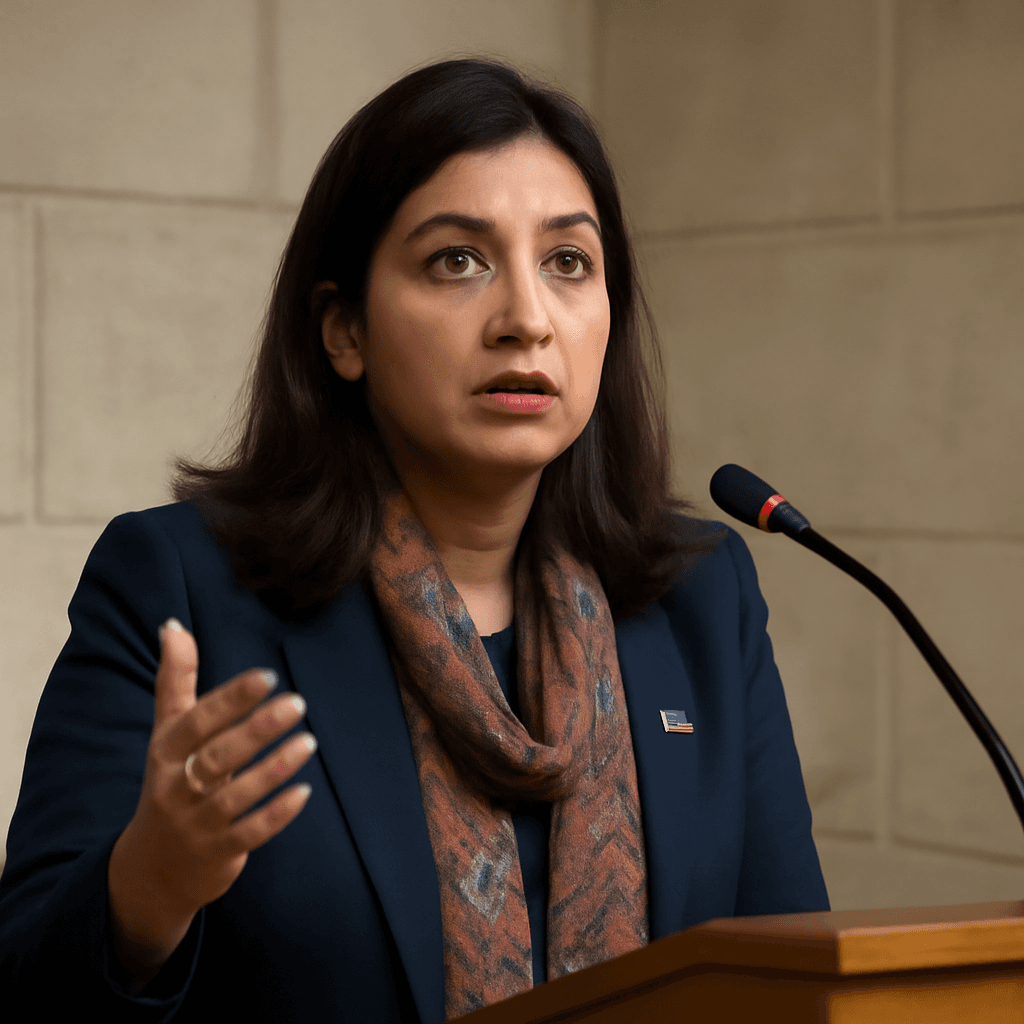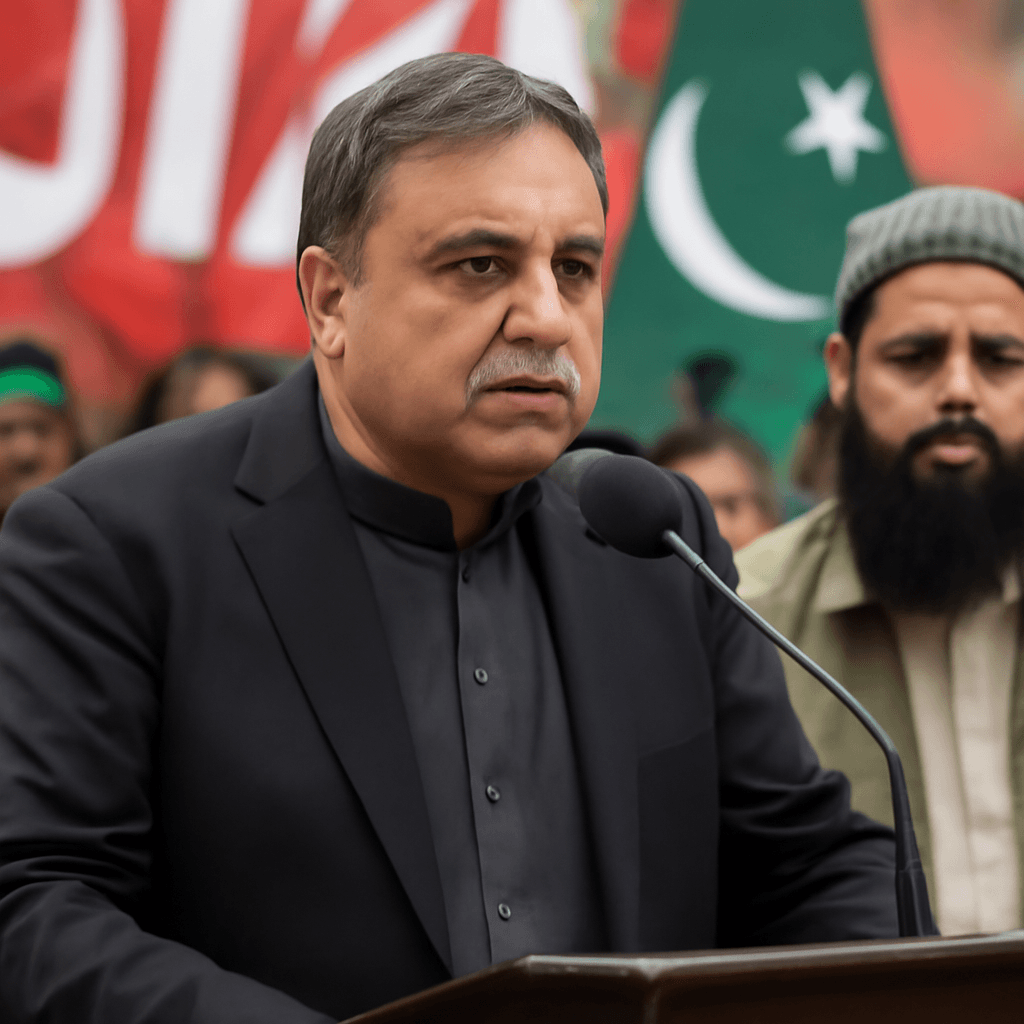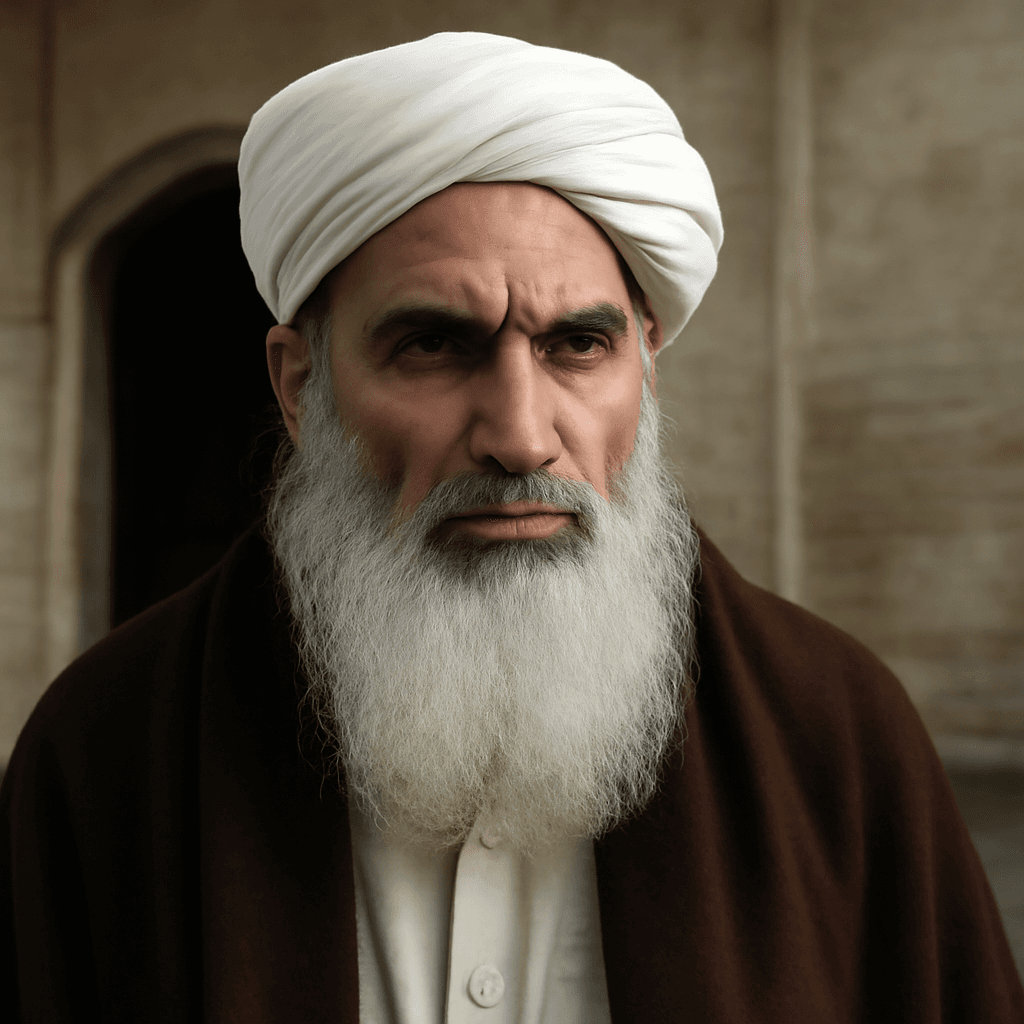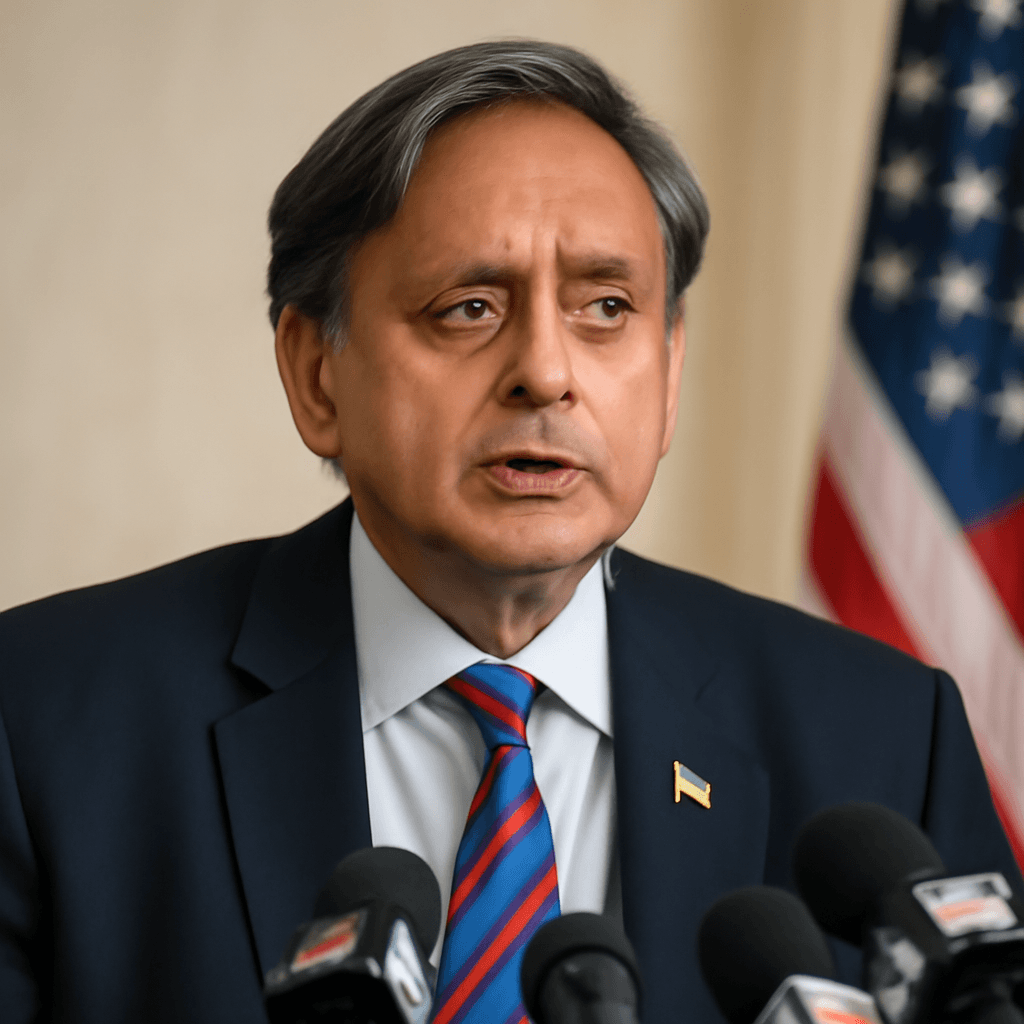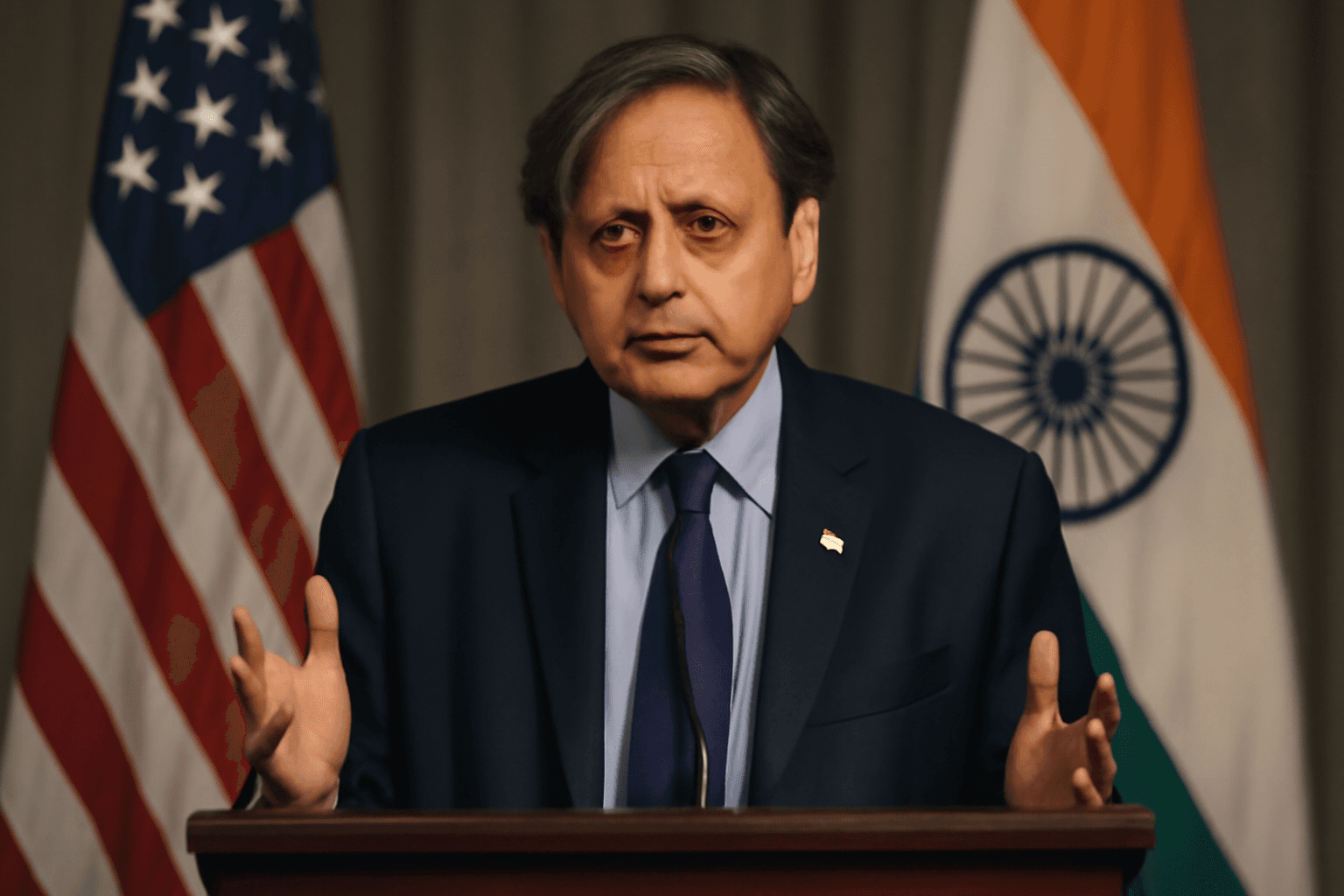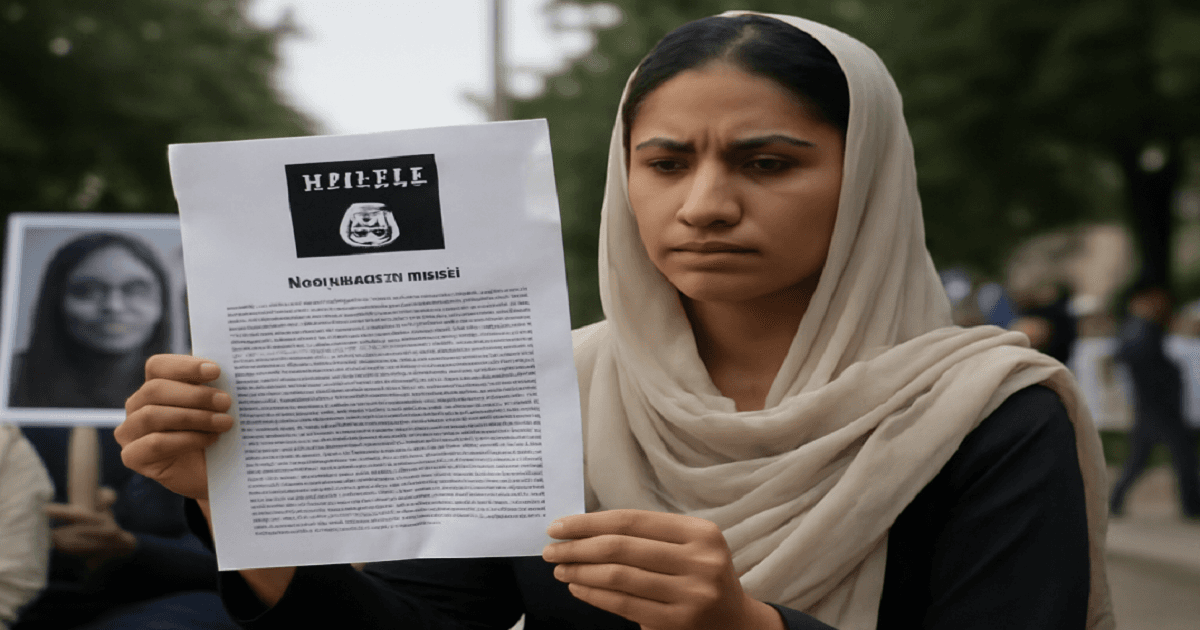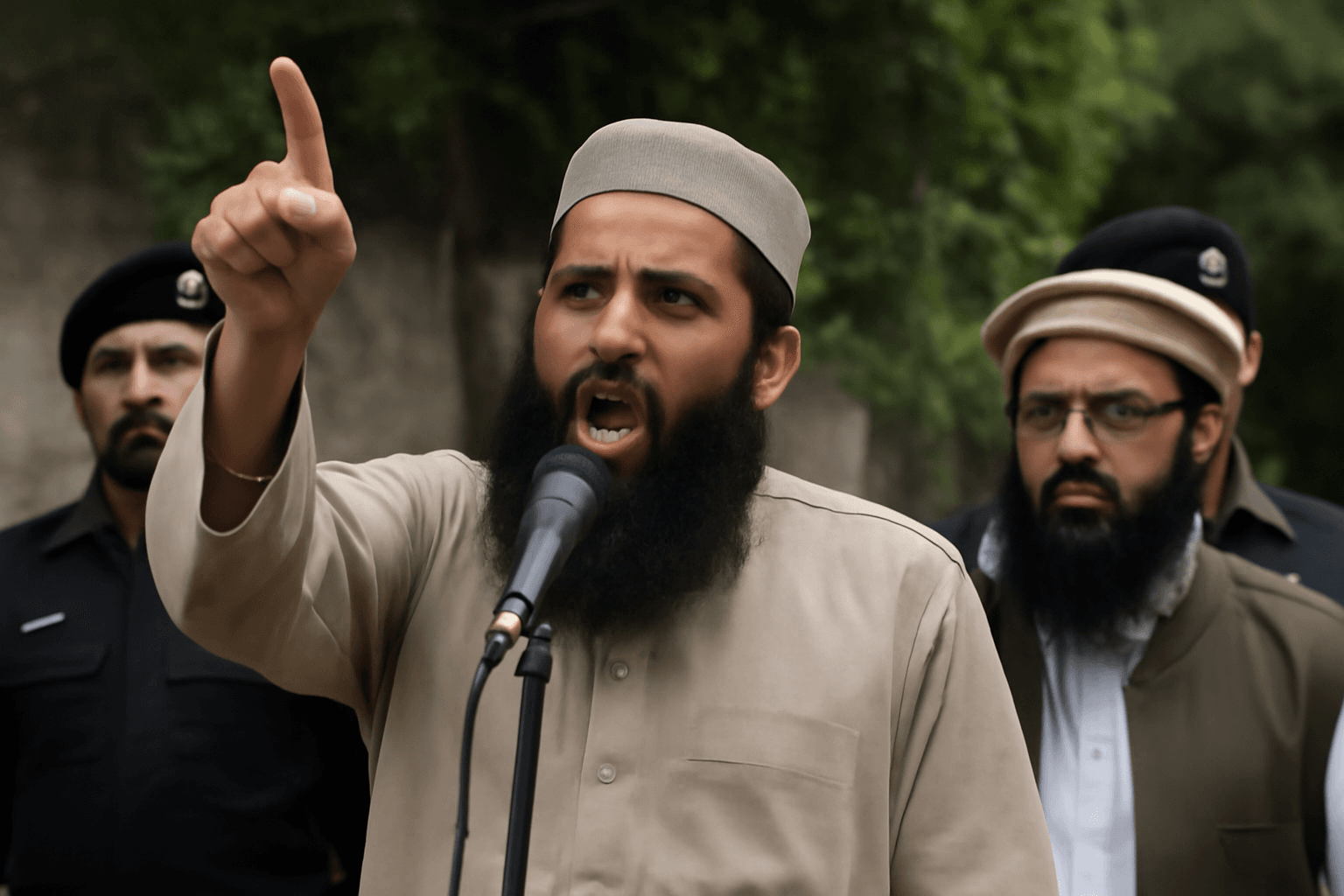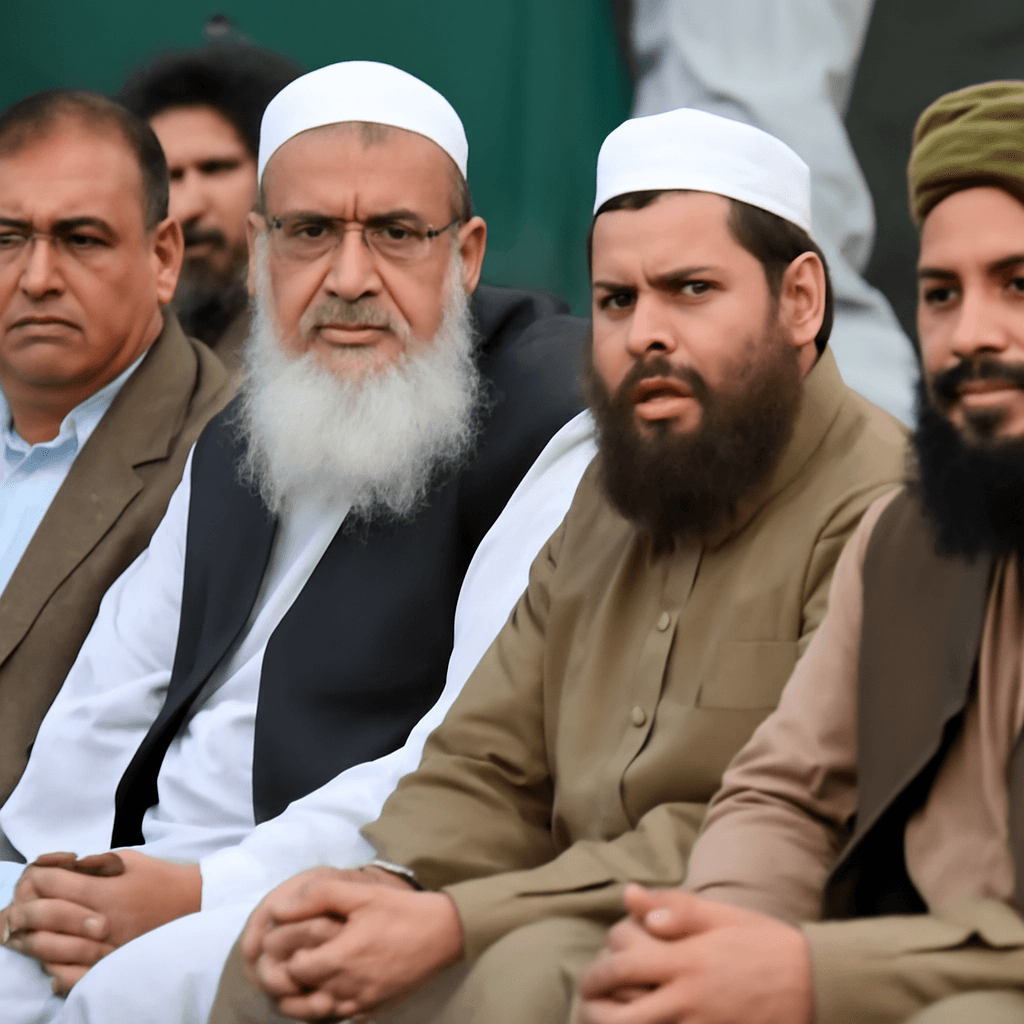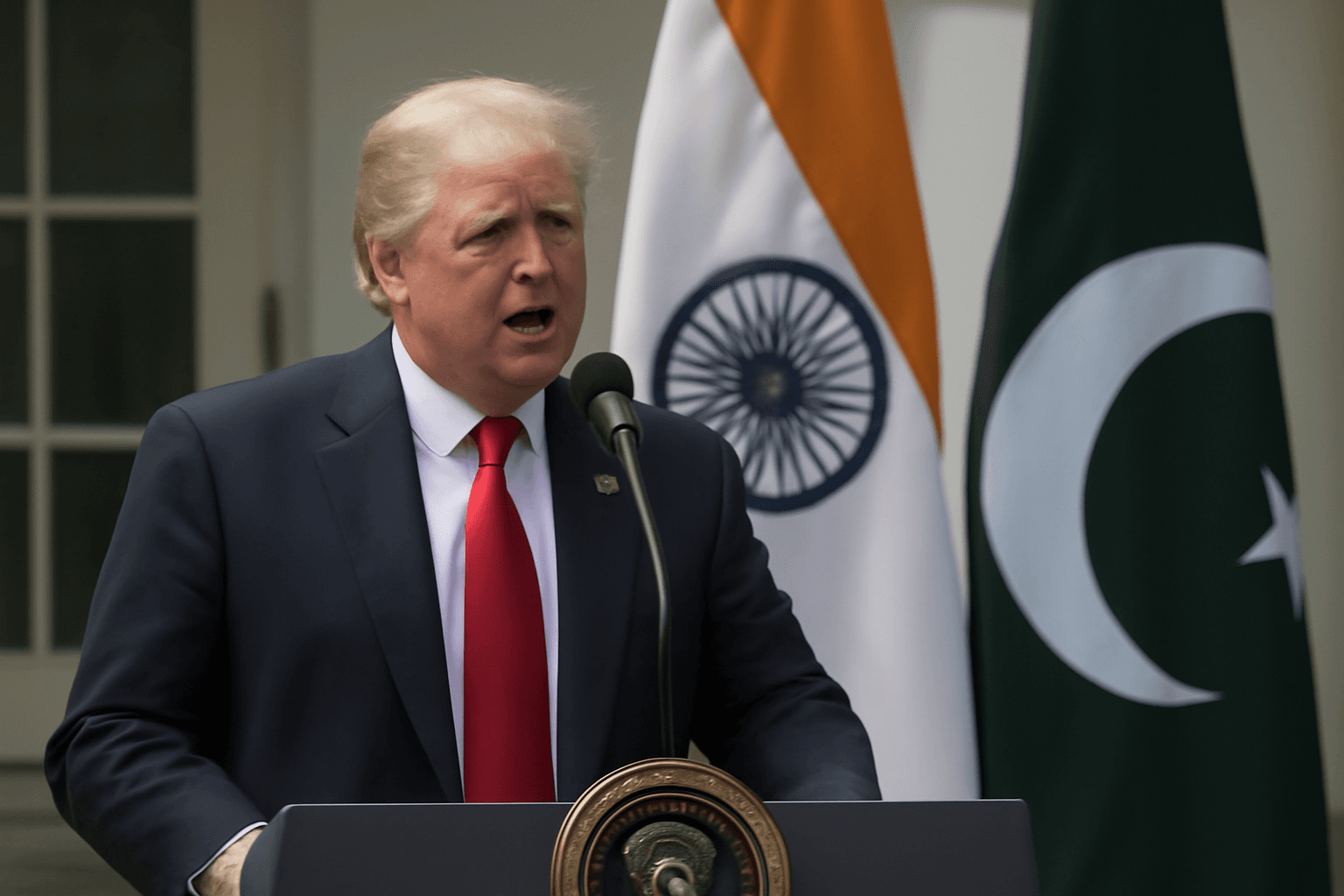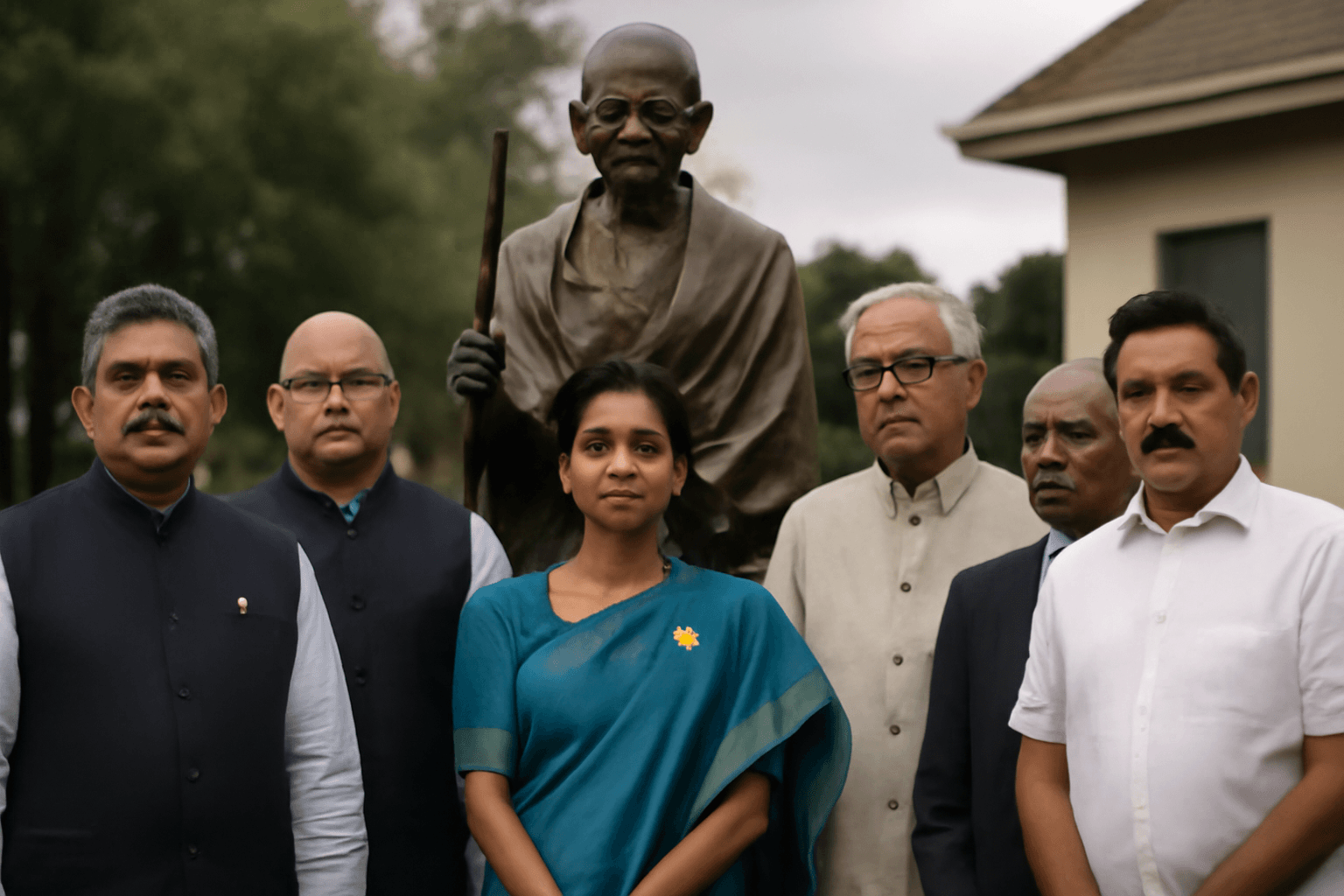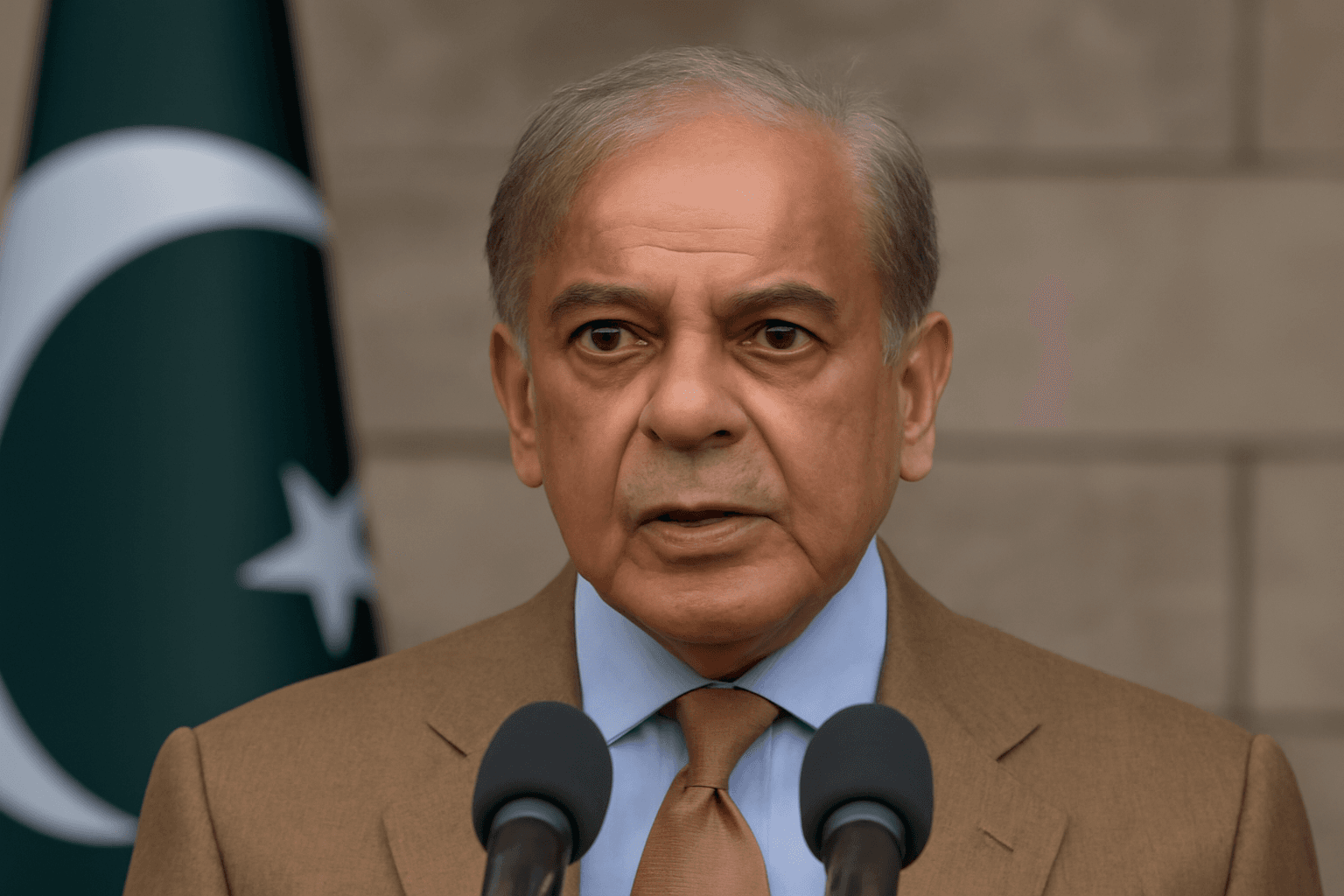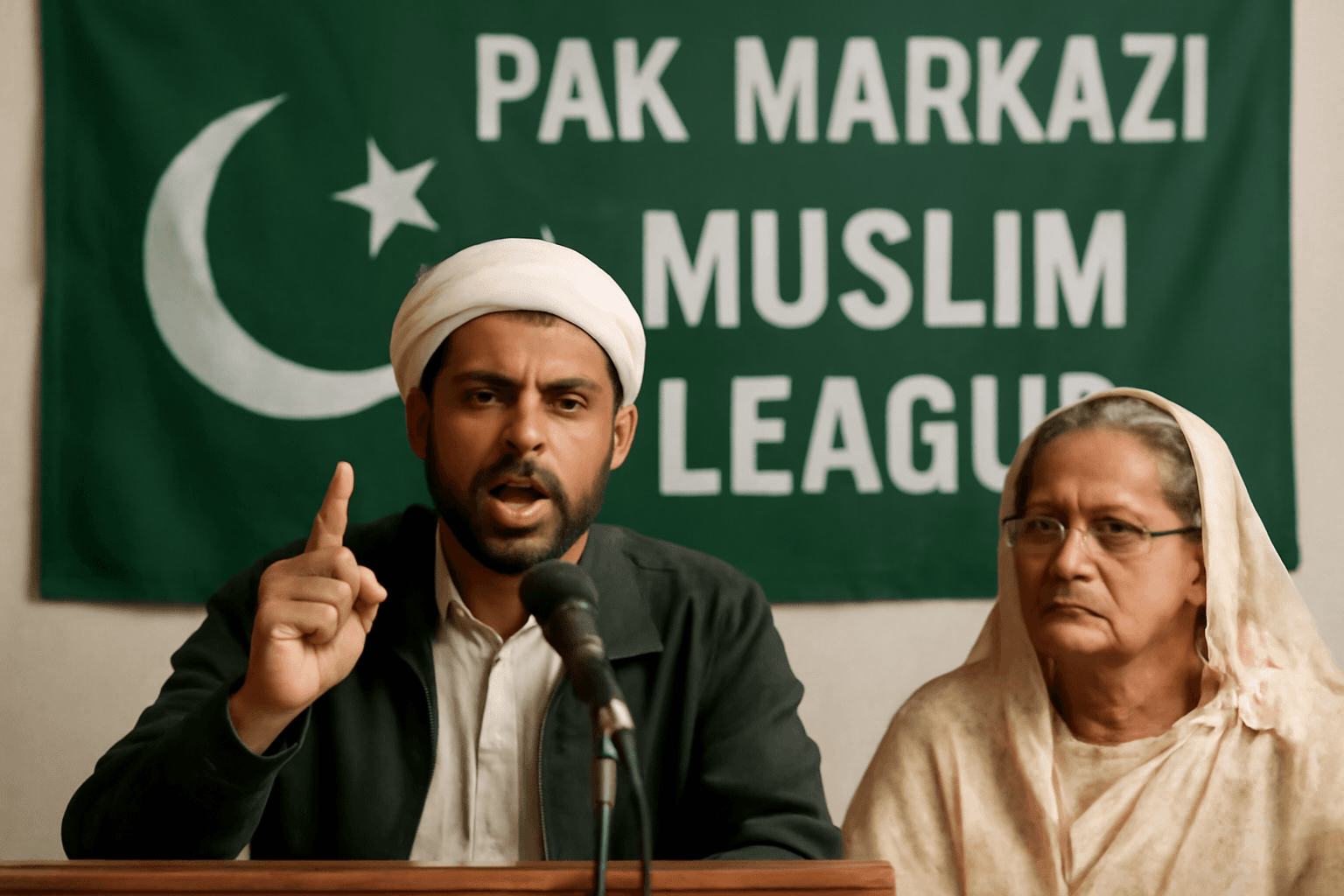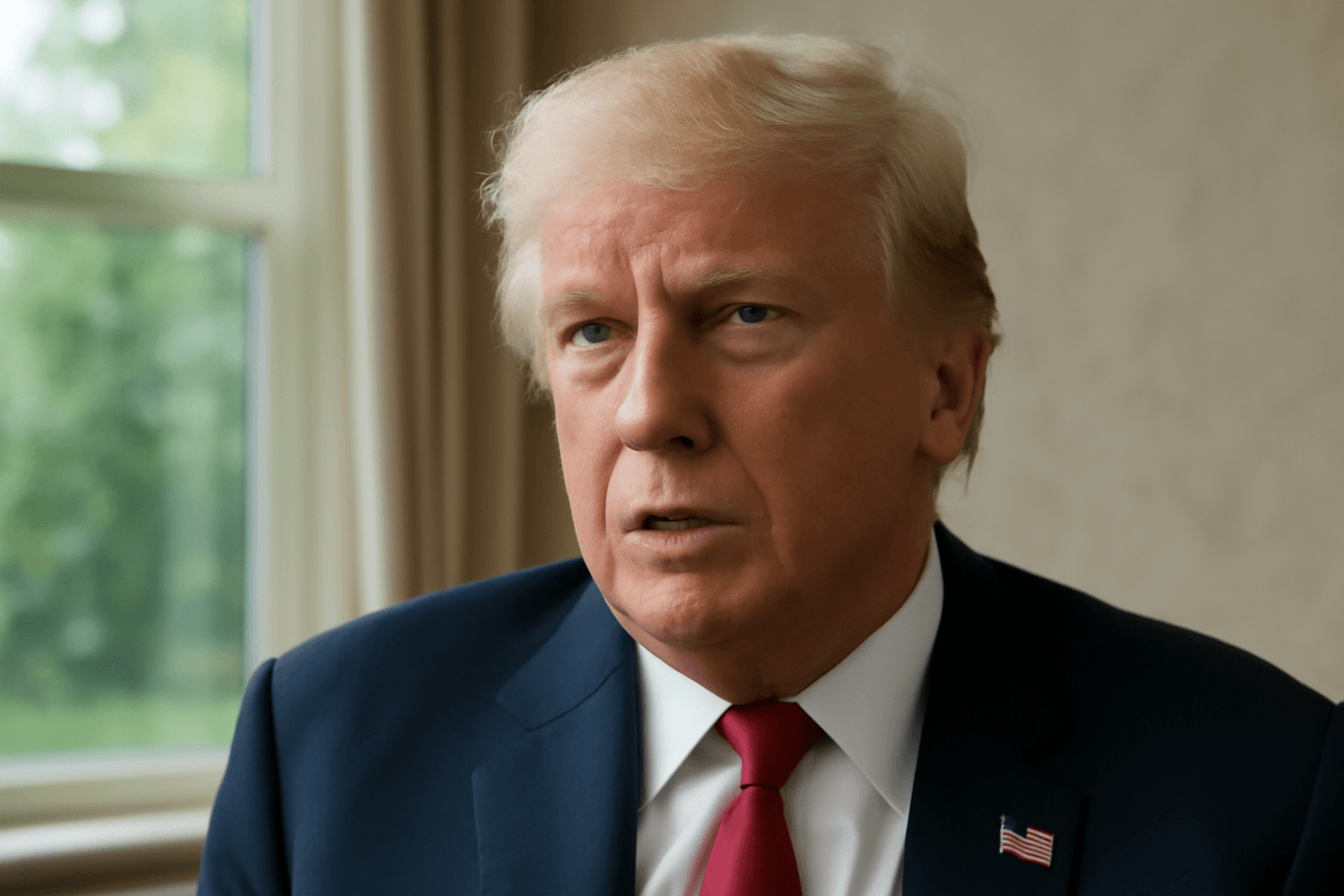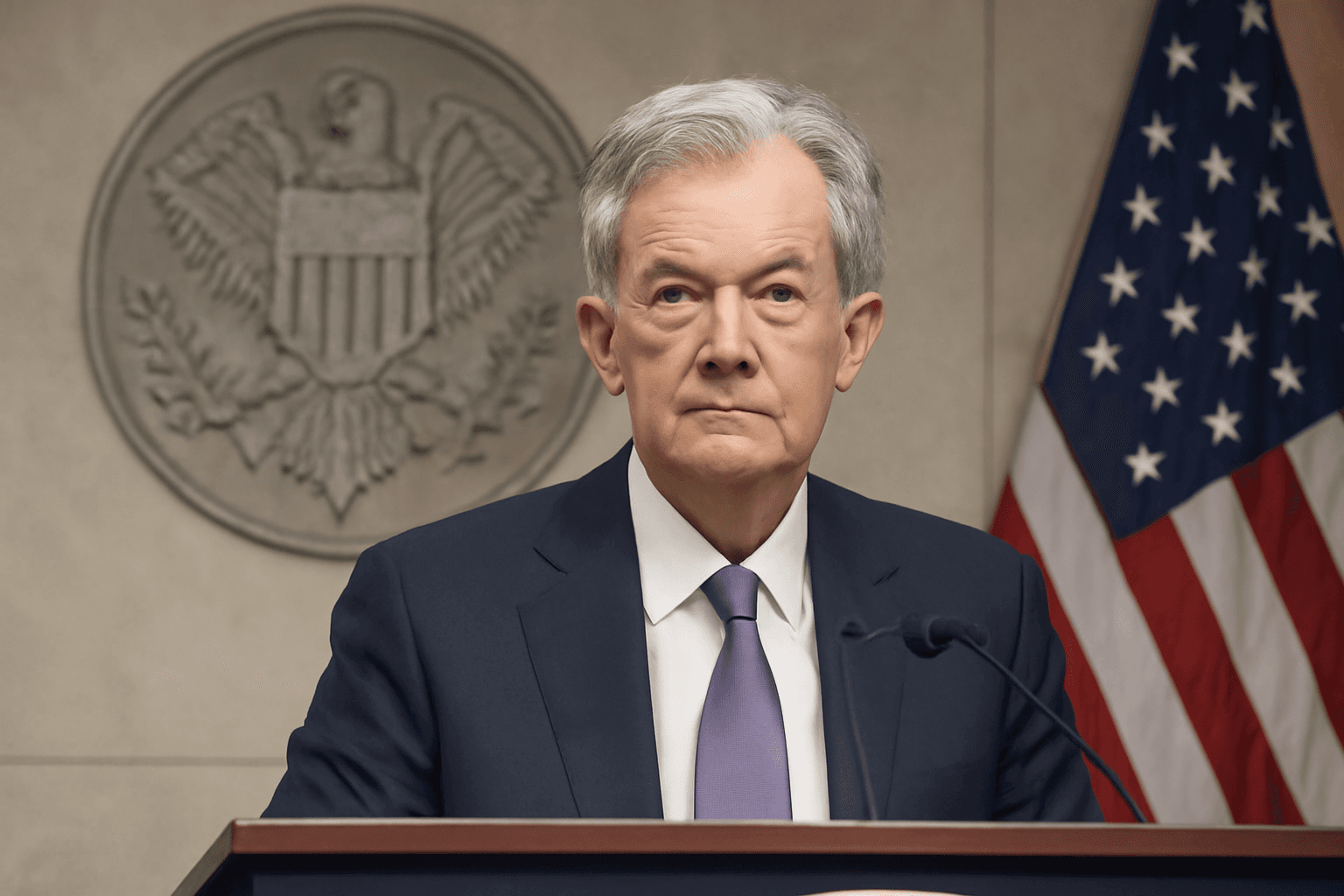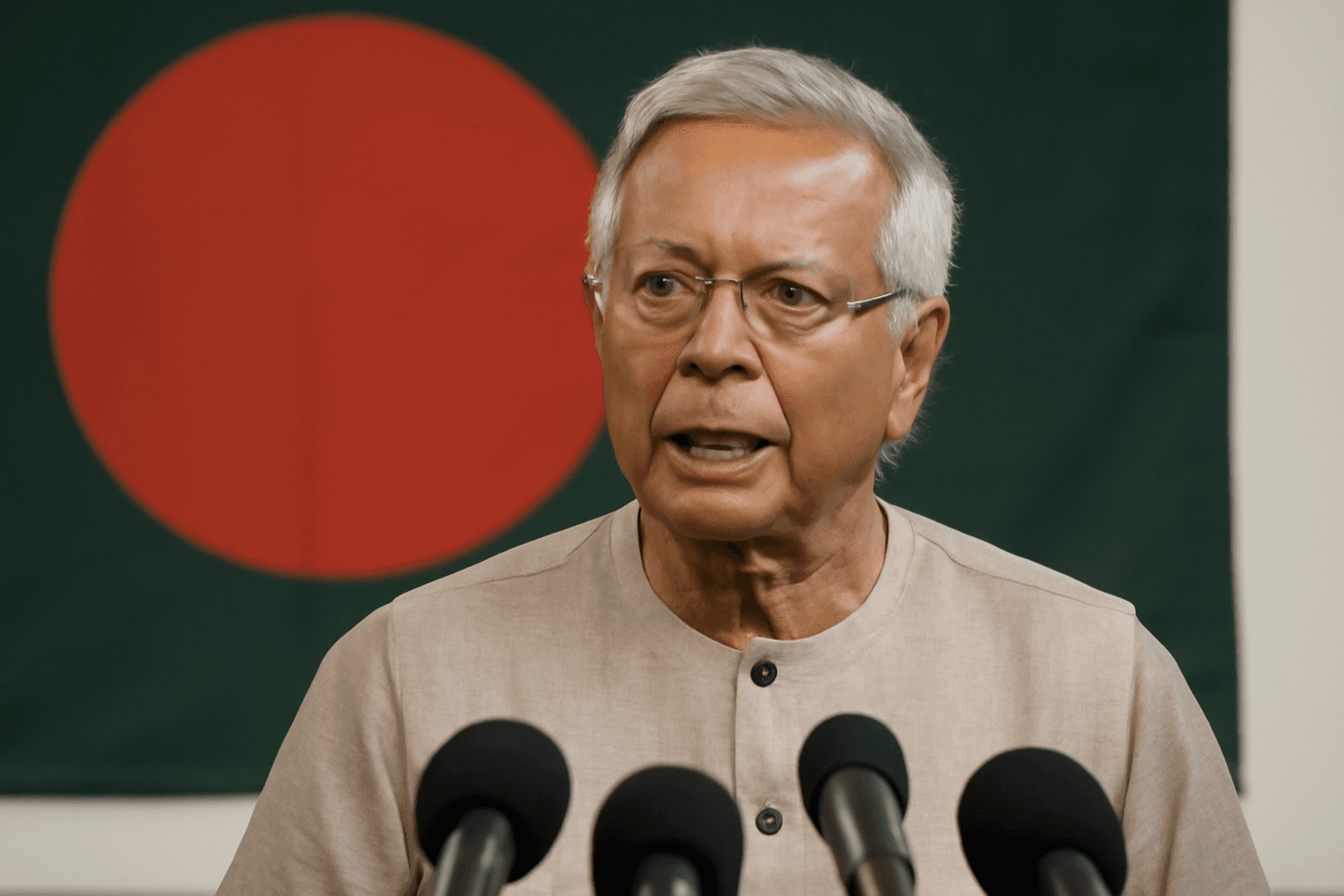Saifullah Kasuri, a senior Lashkar-e-Taiba commander accused of orchestrating the deadly Pahalgam terror attack in Kashmir, recently held a rally in Lahore, Pakistan, where he delivered provocatively charged remarks against India and Prime Minister Narendra Modi.
According to reports, notably from The Times of India, the rally took place on May 28, 2025, and was attended by members of Pakistan’s intelligence agency ISI, security officials, and fellow Lashkar-e-Taiba commanders including Talha Saeed, son of the group’s leader Hafiz Saeed. Malik Ahmad Khan, Speaker of the Punjab Assembly, was also present.
During his speech, Kasuri boasted about the notoriety he gained following the April 22 Pahalgam attack, which resulted in the deaths of 26 tourists. "I have become more famous since being accused of the attack," Kasuri declared, eliciting cheers from Pakistani officials. He publicly praised Pakistan’s retaliatory operations and expressed his commitment to jihad, stating, "Allah loves those who engage in jihad."
Kasuri directly challenged Prime Minister Modi's recent statements, asserting, "Modi is mistaken if he thinks we are scared of bullets," responding to Modi’s earlier warnings that Pakistan should cease using terror as a weapon or be prepared to face consequences.
Previously, Kasuri denied involvement in the Pahalgam attack but has a history with Lashkar-affiliated organizations, including serving as president of the Milli Muslim League and a member of Jamaat-ud-Dawa's coordination committee. These groups have organized rallies funding activities they describe as supporting armed operations in Kashmir.
Kasuri also claimed Pakistan’s cyber teams targeted critical Indian infrastructure like communications and railways, though Indian authorities have refuted these claims. This rally appeared intended to boost morale and unify Lashkar members following India’s precision strikes on Lashkar headquarters in Muridke, which reportedly killed several terrorists.
This event underscores the ongoing complex dynamics between militant groups and state actors in Pakistan, illustrating the entrenched support such groups receive within certain Pakistani circles, despite international condemnation.

